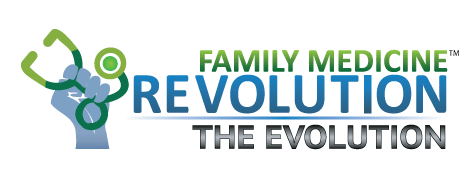The personal statement within the residency application needs to stand apart. Its format beckons singularity. Much of the application prompts uniformity; lines are filled, boxes checked, and documents downloaded. Letters of recommendation highlight your character, but through the lens of others. When you come to the personal statement section, you are, depending on your vantage, confronted or gifted with a blank page. The blurring voluminous lists and transcripts give way to the crisp clear opportunity of space. No other component of the application offers the signature freedom of the personal statement. As readers first glance at it, your uniqueness greets them. The very paragraph structure and length will distinguish you. The personal statement should be a bridge rather than a stage. It should be more telephone than megaphone. The personal statement should serve as an invitation into your world. And, your narrative guides your reader to pivotal destinations of your life. Author John Barth aptly wrote, “The story of your life is not your life. It is your story.”
The personal statement serves to frame your interview. You are striving for clarity of vision and conviction of values. Every medical student has a compelling narrative, but it is often buried in repeating the contents of the CV and transcripts. The personal statement should move the reader to view your interview as the next page of your personal statement. The depth and dimensions of your story cannot fit into one page, but your personal statement can provide a connecting voice for future communications.
Once you have completed a draft, solicit a review and edits from someone outside of the medical field, preferably someone experienced in hiring employees. This individual can evaluate the quality of your writing. Good writing transcends disciplines and resonates with the masses; characteristics that are aligned with the skill sets of family physicians. Limit your efforts to three drafts within a two-week time span. These directions will maximize your impact. Excessive editing will only dull your light.
